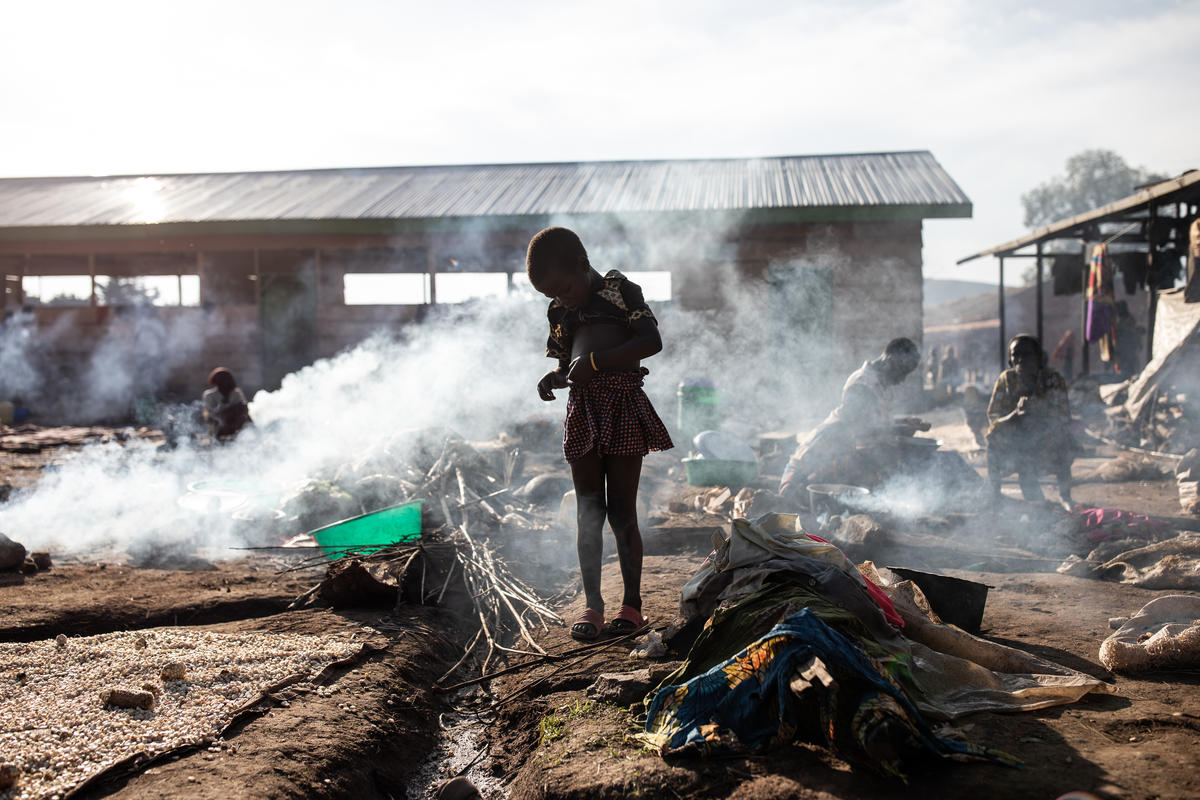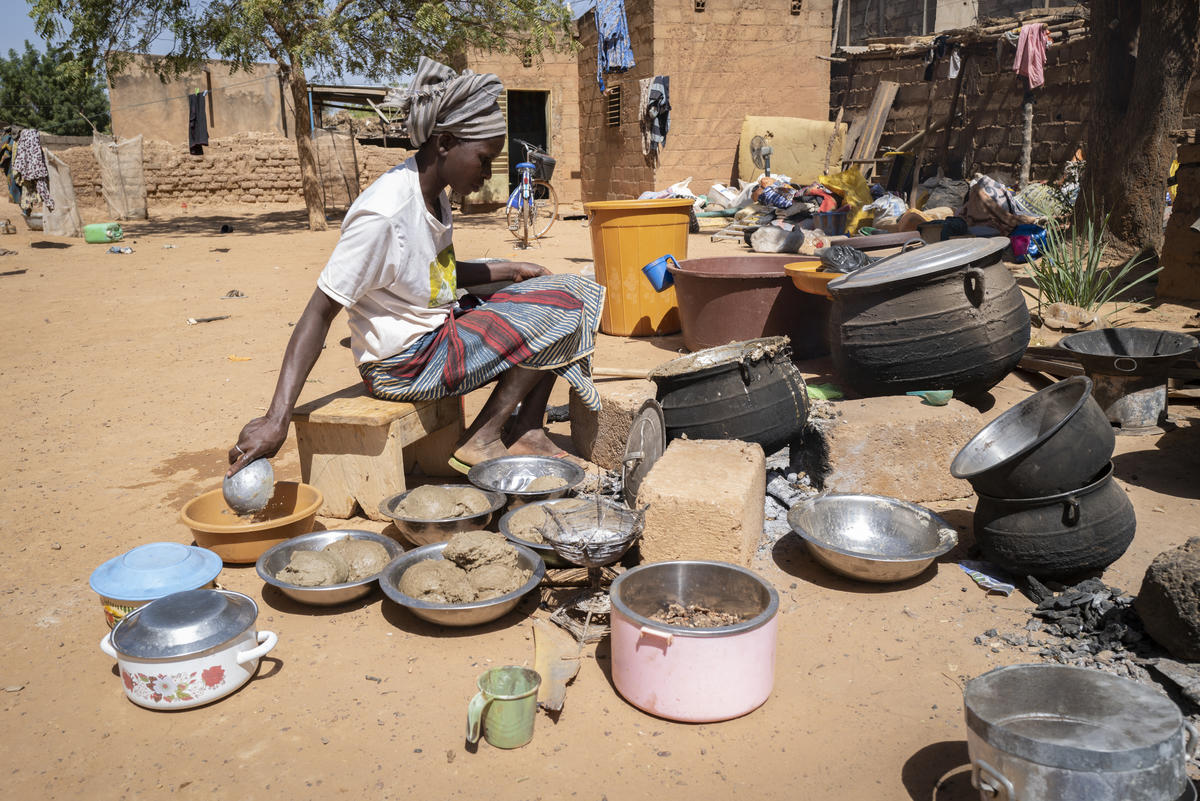Timor: refugees remain apprehensive
Timor: refugees remain apprehensive
More than 2,300 refugees returned today to East Timor, bringing to 92,300 the overall number of returns since UNHCR began a repatriation programme in October. The returnees included three major groups which went overland - the biggest comprised 1,833 from Betun to Suai, 157 joined the convoy from Atambua to the Motaain-Batugade crossing and 218 entered the Ambeno enclave in the northern midsection of West Timor.
Refugees in the Atambua area, which U.S. Ambassador Richard Holbrooke visited yesterday, remained apprehensive as you can see from the number of people who left today. There have been several dozen incidents of harassment of refugees by militiamen in the area since November 1 when UNHCR's repatriation efforts began to pay off. Until Wednesday's attack in which two refugees were injured, several thousand refugees had been going home from the Atambua camps, which host the bulk of the refugees in West Timor.
As you know, during Mr. Holbrooke's visit yesterday to the border town of Motaain, an agreement was signed by officials of the International Force for East Timor and the Indonesian military on security arrangements aimed at increasing the pace of returns. We hope that Mr. Holbrooke's visit to Indonesia will lead to a breakthrough in our efforts not only to gain unimpeded access to the camps but also in breaking the militias grip on these refugees. We hope that the Indonesians will take measures to separate the militias from the refugees.
As part of UNHCR's information campaign in West Timor, we organized another visit to East Timor of a group of journalists yesterday. But unless we gain unhampered access to the camps, we are afraid that we will not be able to show videos or distribute information materials to the refugees in the camps.
UNHCR has been conducting a mass information campaign in West Timor, publishing material on the information programme in major newspapers in Kupang and distributing materials to four radio stations there. The radio stations - the main source of information in the camps - have been broadcasting the materials over the past two weeks.







